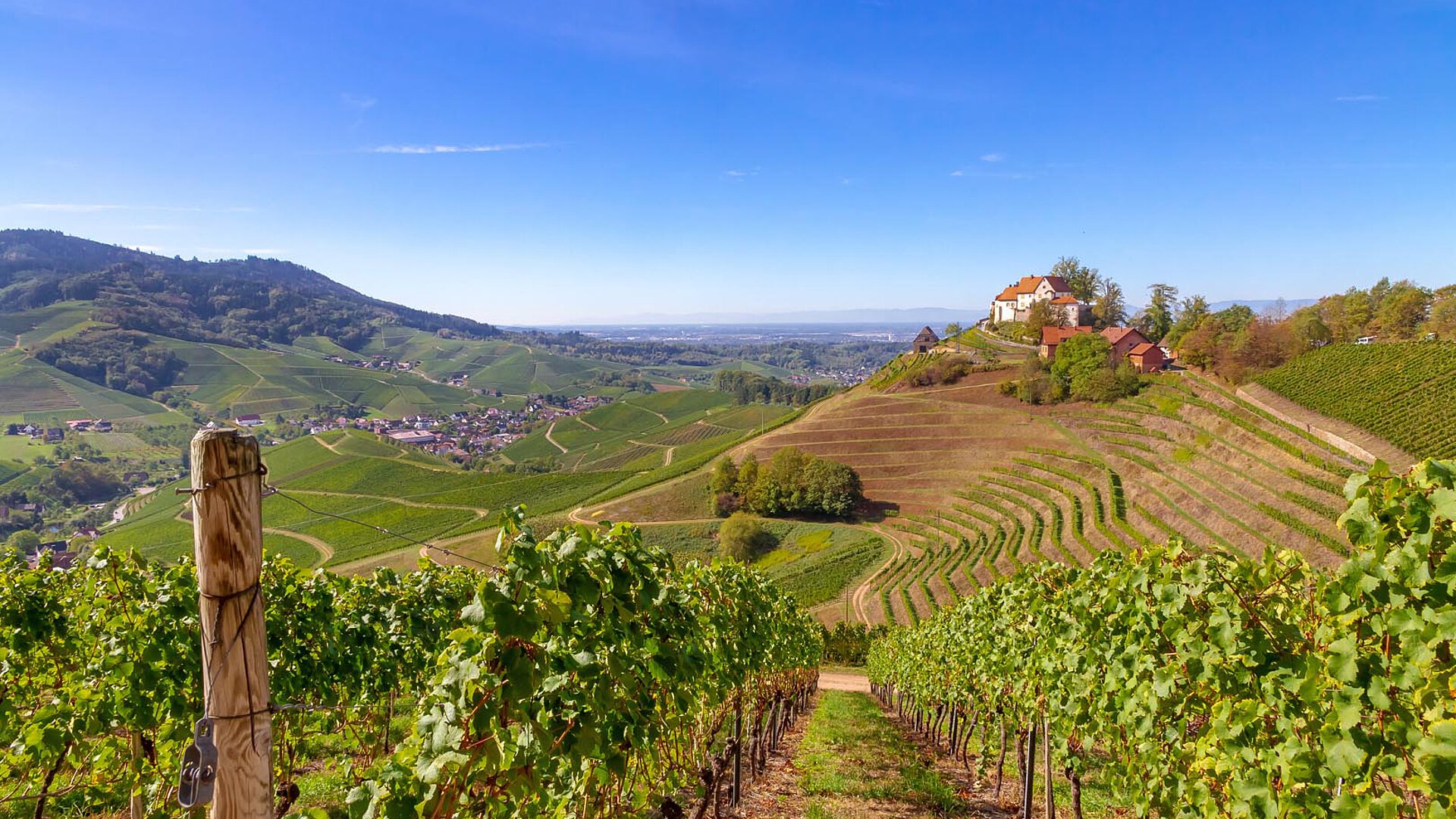Farmtravel glossary
All the Agritourism terms you need to know.
R
Rural Tourism
- Kategorie:
- R
What is Rural Tourism and How Does it Benefit Communities?
This comprehensive tourism model encompasses all visitor activities in non-urban areas, leveraging local resources, traditions, and cultural heritage. It represents a vital economic diversification pathway for rural communities, enabling them to generate sustainable income while preserving their authentic character and traditional practices.
Rural tourism distinguishes itself from conventional tourism through its intrinsic connection to countryside environments and activities. It integrates multiple aspects of rural life, from traditional farming practices to local festivities, creating authentic experiences that showcase the unique character of rural destinations and their communities.
Core Elements of Rural Tourism
How does rural tourism create value for both visitors and local communities? The answer lies in its thoughtful integration of key components that define the rural experience:
- Heritage Preservation: Safeguarding traditional practices and cultural assets
- Local Engagement: Active community participation in tourism development
- Resource Stewardship: Sustainable management of natural landscapes
- Cultural Exchange: Meaningful interactions between visitors and residents
- Economic Development: Balanced approach to rural growth and preservation
Experience Dimensions
Have you ever wondered what makes rural tourism experiences so memorable? It's the authentic blend of activities that connect visitors with genuine rural life:
Signature Activities
- Traditional Craftsmanship: Learning from local artisans
- Cultural Festivities: Participating in seasonal celebrations
- Natural Exploration: Guided tours of rural landscapes
- Culinary Traditions: Experiencing local food culture
- Agricultural Activities: Engaging with farming practices
Community Development Impact
What transforms a rural area into a thriving tourism destination? Success lies in balancing preservation with progress:
- Economic Resilience: Creating diverse income opportunities
- Cultural Vitality: Reinvigorating local traditions
- Social Cohesion: Strengthening community bonds
- Infrastructure Enhancement: Improving local facilities
- Environmental Protection: Promoting conservation practices
Strategic Management
How do successful rural destinations maintain their authenticity while meeting modern tourism demands? The key lies in professional management approaches:
- Sustainable Planning: Long-term development strategies
- Quality Standards: Professional service delivery
- Capacity Building: Community skill development
- Resource Management: Balanced use of local assets
- Market Positioning: Authentic destination branding
Rural tourism represents more than just an escape from urban life – it's a catalyst for sustainable rural development and cultural preservation. Whether you're seeking authentic experiences or working to develop rural destinations, understanding these fundamentals ensures meaningful contributions to rural communities' future. How will you engage with this transformative form of tourism?

